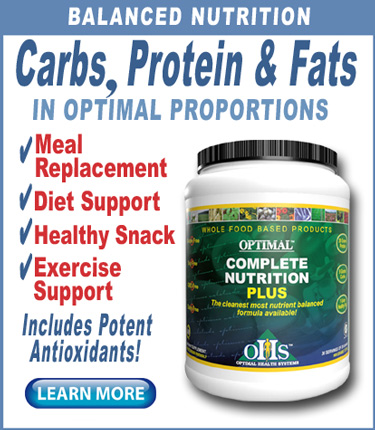Taking a regimen of nutritional supplements may be more important than ever.
According to new research, most people are not able to accurately assess the quality of their diet, and are consuming unhealthy foods they mistakingly judge as healthy on a daily basis.
The research was conducted at the University of Central Arkansas and published by the American Society for Nutrition in June 2022.
The study was conducted by analyzing data from the National Health and Nutrition Examination Survey, a nationally representative survey of U.S. adults conducted every two years.
Study details
The study included a total of 9,700 participants. Each participant was asked to complete a detailed 24-hour dietary recall questionnaire and rate their diet as excellent, very good, good, fair or poor. Researchers used the food recall questionnaires to score each participant’s diet quality.
It should be noted that when it comes to establishing “healthy guidelines” there is much debate among nutritionists, dietitions and natural health advocates. This includes a long-standing battle between high-carb and high-protein advocates.
Notwithstanding these debates, there are also many points of agreements. With this in mind, researchers conducting the current study ranked the following foods as healthy: fruits and vegetables, whole grains, healthy fats, seafood and plant proteins.
Foods considered less healthy included: refined grains, foods high in sodium, foods with added sugars, and foods high in saturated fats. There may not be total agreement in these healthy-unhealthy groupings, but there is a lot more common ground than disagreement.
Why do so many people think unhealthy foods are healthy?
One reason is marketing.
Consider milk. It’s heavily advertised as “what’s good for you,” yet in 2021 milk overtook peanuts as the number one allergy in America.
Can it be both good for you and put you in the hospital at the same time?
Learn more by reading our article Milk overtakes peanuts as number one allergy here.
“We found that only a small percentage of U.S. adults can accurately assess the healthfulness of their diet, and interestingly, it’s mostly those who perceive their diet as poor who are able to accurately assess their diet,” said Jessica Thomson, PhD, research epidemiologist with the U.S. Department of Agriculture’s Agricultural Research Service in the Southeast Area, and the study’s lead author. “Additionally, most adults overrate the quality of their diet, sometimes to a substantial degree.”
What the researchers found after examining the data was that the scores calculated by the researchers based on people’s reported food intake was significantly different from how people rated their dietary quality themselves.
In fact, out of 9,700 people, about 85 percent of them (about 8,000 people) got it wrong. Further, out of those people who inaccurately assessed how good their diet was, nearly 99 percent of them felt their diet was better than it really was.
If you think your diet is bad, you’re probably correct
The people who did the best at rating the quality of their diet were those who rated it as poor. These people were correct 97 percent of the time.
On the other hand, only 1-18 percent of people in the four other categories (fair, good, very good, excellent) were on the mark in how they perceived their nutritional intake.
The authors of the study noted further research could help to elucidate what factors people consider when asked to assess their diet quality. For instance, it would be helpful to know whether people are aware of particular dietary recommendations and whether they take into consideration where their food is purchased or how it is prepared.
“It’s difficult for us to say whether U.S. adults lack an accurate understanding of the components of a healthful versus unhealthful diet or whether adults perceive the healthfulness of their diet as they wish it to be—that is, higher in quality than it actually is,” said Thomson. “Until we have a better understanding of what individuals consider when assessing the healthfulness of their diet, it will be difficult to determine what knowledge and skills are necessary to improve self-assessment or perception of one’s diet quality.”
The study’s authors did not mention the role that advertising and the food manufacturing lobby have in affecting perception of healthy foods.
As long as the U.S. Food & Drug Administration continues to promote the kind of guidelines that allow such nonsense as ketchup being classified as a “vegetable serving,” it is likely that widespread confusion on what constitutes “healthy foods” will continue.
If you suspect your diet is not up to par, consider augmenting it with Complete Nutrition Plus from Optimal Health Systems. With the right balance of carbs, proteins and healthy fats, one scoop can serve either as a meal replacement or a powerful supplement to balance your existing daily food intake. Click banner ad on this page to learn more.
– – –
Sources: American Society for Nutrition, FAQs.org, DropBox.com (study abstract).


